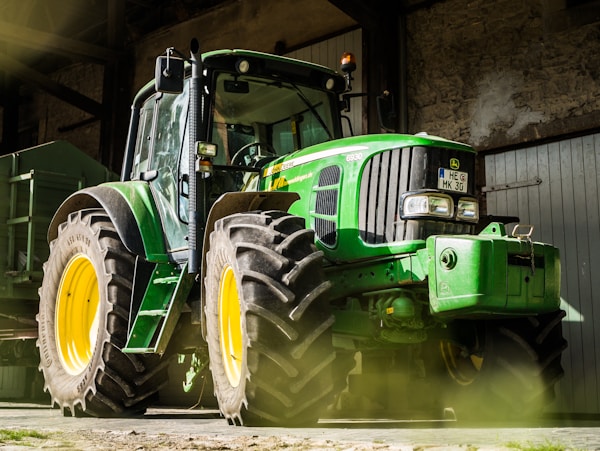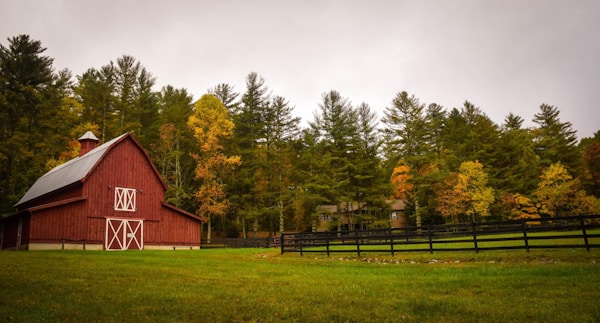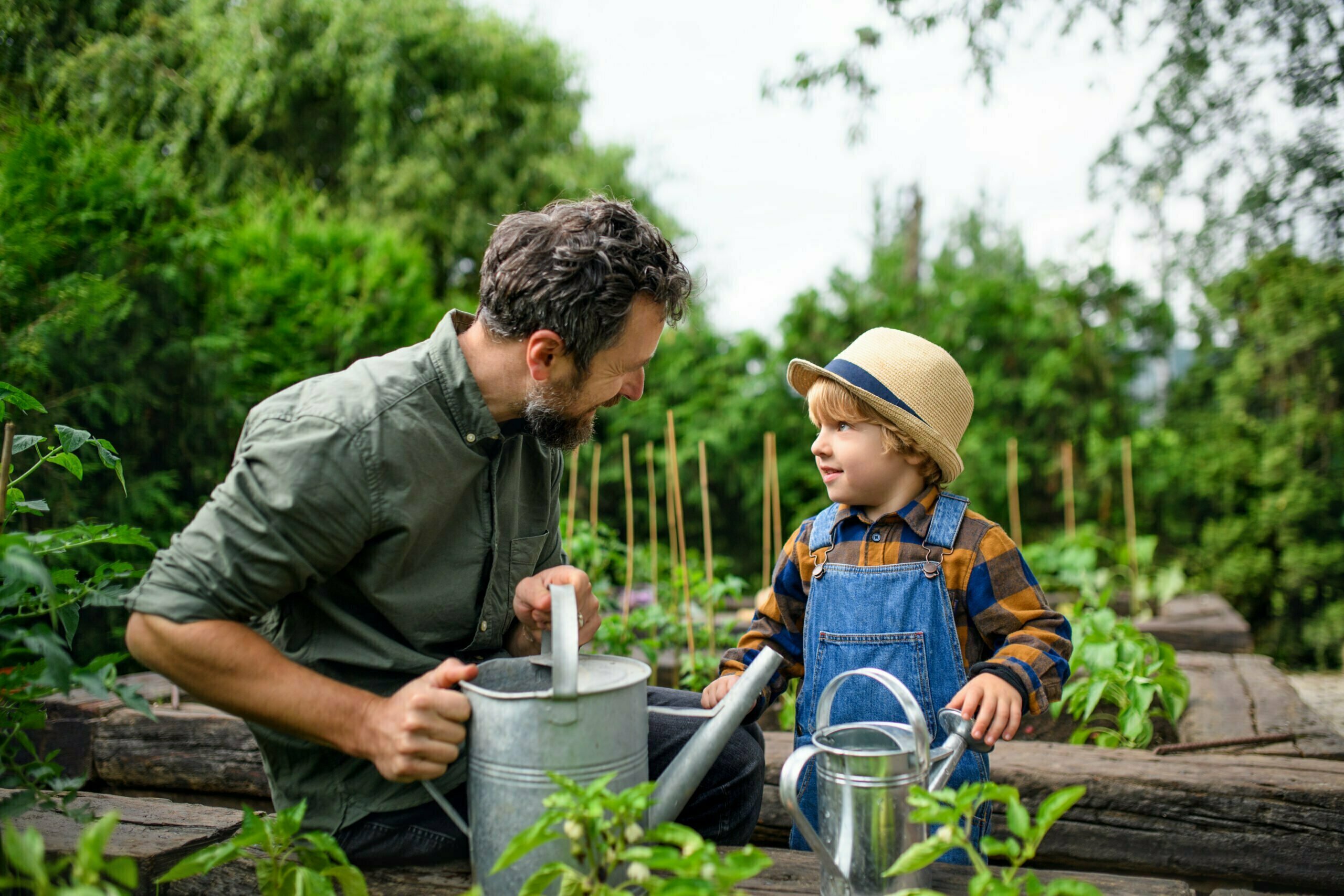Do you dream of living a self-sufficient lifestyle, growing your own food, and caring for animals? Starting a farm can be a daunting task, but it is a rewarding and fulfilling experience. In this article, we’ll take a look at the basics of launching a successful farm, from finding the right location to selling your product. Keep reading to learn how to start a farm.
Select a suitable location for the farm.
Selecting a suitable location for your farm is perhaps the most important decision you will make when setting up a new farming operation. The right location can provide access to resources, markets, and labor while also helping ensure that the land is suitable for the type of agriculture you intend to practice. When deciding on which site to use, some key factors should be considered including soil quality and fertility, availability of water, proximity to transport links and infrastructure, zoning, and more. The best way to assess these factors is by visiting sites in person so that an accurate assessment of their suitability can be made.
Build out your farm.
One of the most important decisions you will have to make is what type of agricultural building construction Alberta construction is best suited for your needs and budget. Agricultural buildings are generally bigger than regular residential structures due to the extra space needed for livestock, equipment, feed storage, and other uses. The size and design of the structure will depend on whether you’re raising animals or growing crops as well as the climate in which you live. If you’re located in an area prone to extreme weather conditions such as heavy snowfall, high winds, or hail storms then investing in more robust materials may be necessary. It’s also essential to consider how much time and money you can commit to maintaining your building over time; if these resources are limited, then opting for durable materials like steel panels could save money long-term by providing optimum insulation against changing temperatures throughout the year while being relatively easy to maintain.
Wrap any vehicles or equipment.

Vehicle wraps are an increasingly popular option for farmers looking to get started. These provide a protective covering that can be used to protect vehicles or farm equipment. Wrap Garage can assist with wrapping a variety of sizes and designs, meaning they can be tailored to fit the specific needs of each individual farmer. Whether you’re looking to wrap a garage door or a tractor with vinyl, or even your truck, there are plenty of ways you can utilize custom colors and vinyl to make your equipment and facility personalized to you.
Establish business structure.
In order to start a farm, it is important to establish the appropriate business structure. The two most common types of business structures for farming operations are sole proprietorships and corporations. A sole proprietorship is owned by one individual and allows that person to have complete control over all aspects of their operation. As a result, they will also be personally liable for any debts or legal issues that may arise from the business’s activities. Corporations, on the other hand, provide limited liability protection as well as tax benefits not available through sole proprietorships. However, because corporations involve more paperwork and compliance requirements than sole proprietorships do, they can be costlier and time-consuming to set up initially.
When considering which type of business structure works best for your farm operation, you should think about what kind of liability protection you need in terms of potential debt or lawsuits against your company, whether you want others involved in decision-making, how much paperwork and compliance you’re willing to handle, if there are tax benefits associated with either option and how much capital investment you plan on having in the long term. Ultimately, choosing between establishing a corporation or a sole proprietorship depends largely upon individual needs related to these factors. So, it is essential that each farmer assesses their own situation before deciding which type of entity would work best for them or moving forward with their agricultural endeavor!
Research your chosen type of farming.

Researching your chosen type of farming is an important step in the process of starting a farm. It involves researching the types of crops that are suitable for the land, what equipment and materials will be needed, and learning about local regulations regarding agricultural production. In addition to doing research on your own, it’s important to consult with experts who know more about the specific type of farming you want to pursue. This could include talking with farmers who have experience in growing similar crops or visiting local organizations that specialize in agriculture-related topics.
When researching different types of farming, it’s essential to consider soil fertility, climate patterns, water availability, and other environmental factors that can affect crop yields. Additionally, you should evaluate both short-term and long-term costs associated with running a farm such as labor expenses and purchasing supplies like seeds or fertilizer. Researching available government programs related to farming can also help identify potential sources of funding or tax incentives for new farmers.
Overall, starting a farm is a long and difficult process, but one that can be rewarding financially and personally if done correctly. It requires careful consideration of the location, resources, finances, and overall business plan. With the right resources, dedication, and planning, anyone can have the potential to successfully start a farm.




